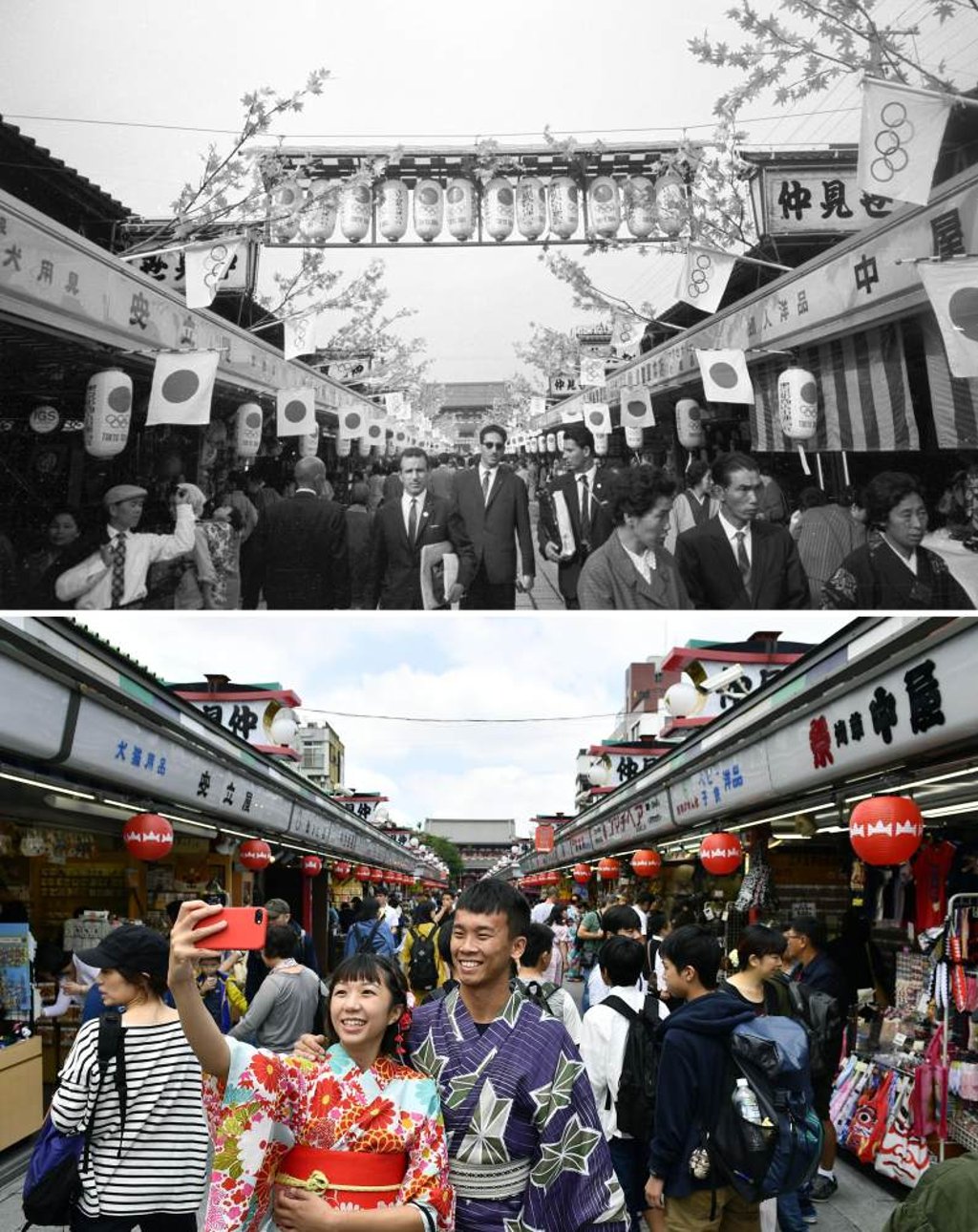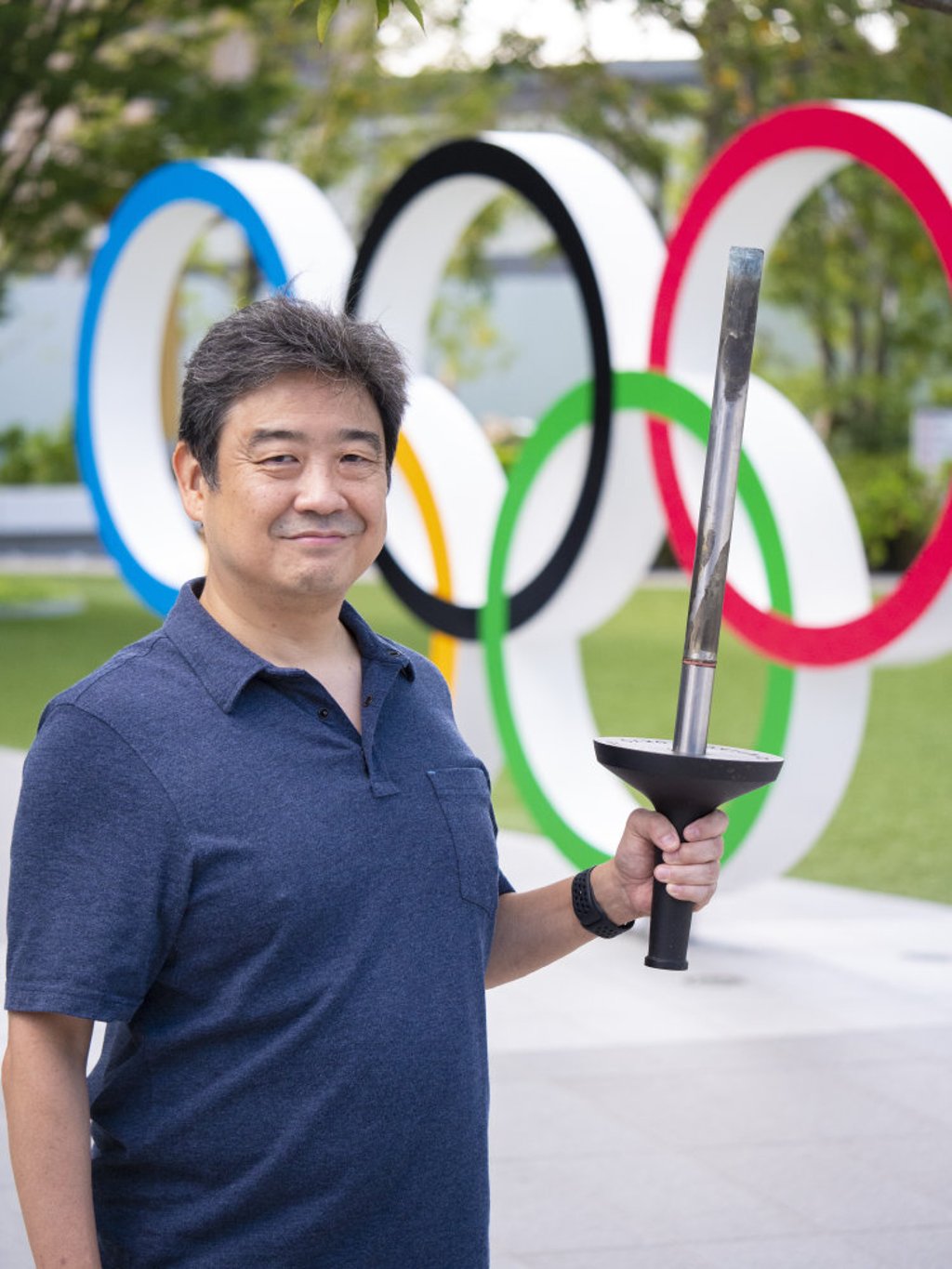Advertisement
A tale of two Tokyo Olympics: 57 years apart but one common mission?
- In 1964, the focus was on showcasing Japan’s economic recovery and return to the international community after World War II
- This year, Japan is seeking to rise above Covid-19 and mounting costs, and show it can safely pull off a spectacle of sporting excellence
Reading Time:6 minutes
Why you can trust SCMP
6

Roy Tomizawa’s association with the 1964 Tokyo Olympics goes back before he can remember. On October 10 that year, as the Games began, he was celebrating his first birthday in the New York City borough of Queens, while his father was working with the NBC News crew that was broadcasting the event to homes across the United States.
Tomizawa, an American of Japanese descent, went on to become a historian. In September 2013, when Tokyo won the bid to host the 2020 Games, the paucity of English-language information about the 1964 edition – which marked Japan’s return to the international stage after World War II – pushed him to embark on a commemorative project.

Over four and a half years, he reached out to 78 athletes from 16 countries who competed in Tokyo, enshrining the historic event in his book 1964 – The Greatest Year in the History of Japan, which was published in July 2019.
“The Games symbolised the mood and attitude of Japan at the time,” said Tomizawa, 58. “The goal for Japan was to be able to organise an Olympic Games, then and now one of the most logistically challenging global events a nation can hold, and thus be perceived by the world as a friendly, reliable, forward-thinking member of the international community.”

Almost six decades later, Japan’s ability to stage the mega sporting event is once again being closely scrutinised.
In 1964, the spotlight was on the state of the country’s post-war recovery. For the current Games, the focus was meant to be on Japan’s comeback from the devastating earthquake and tsunami of 2011. Then came Covid-19.
Advertisement